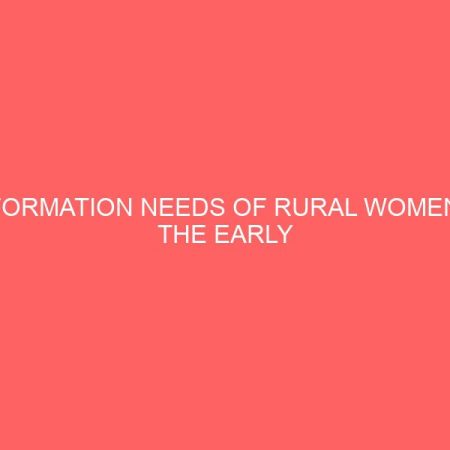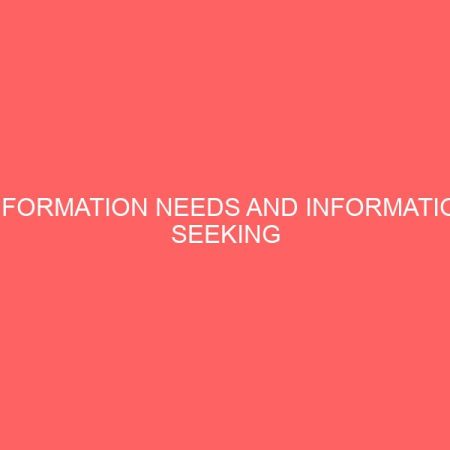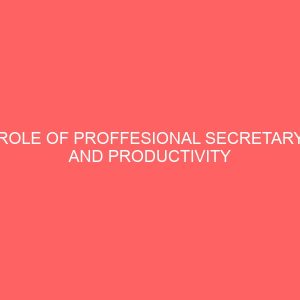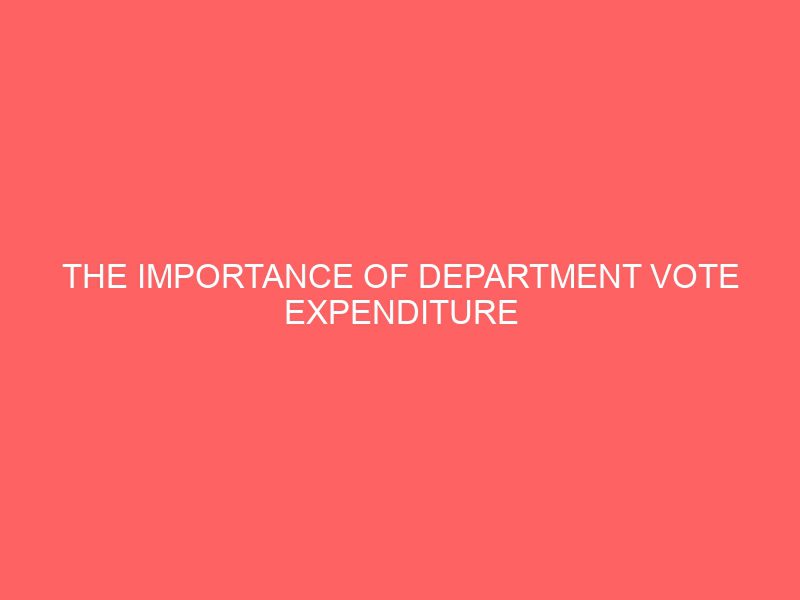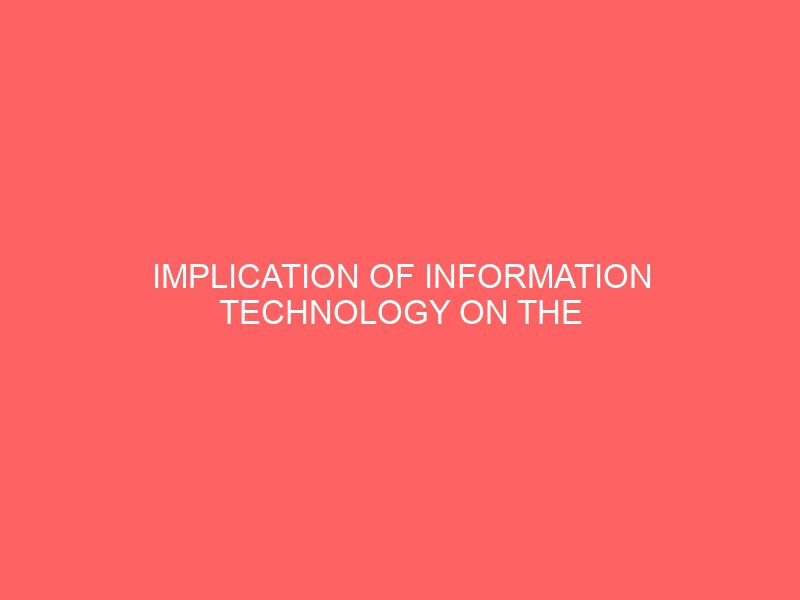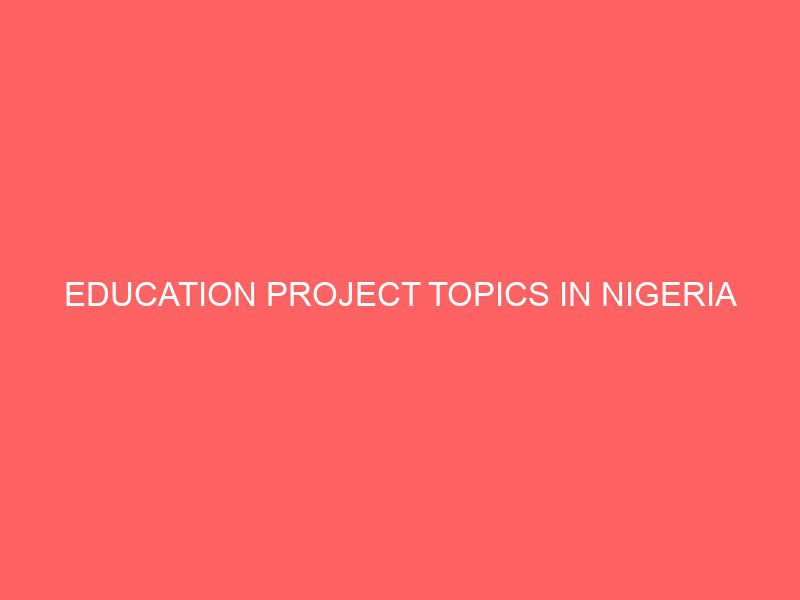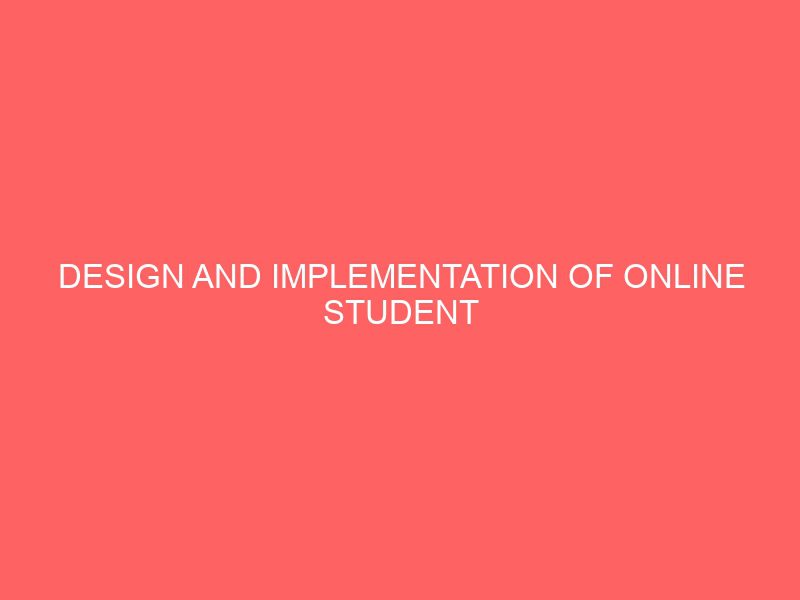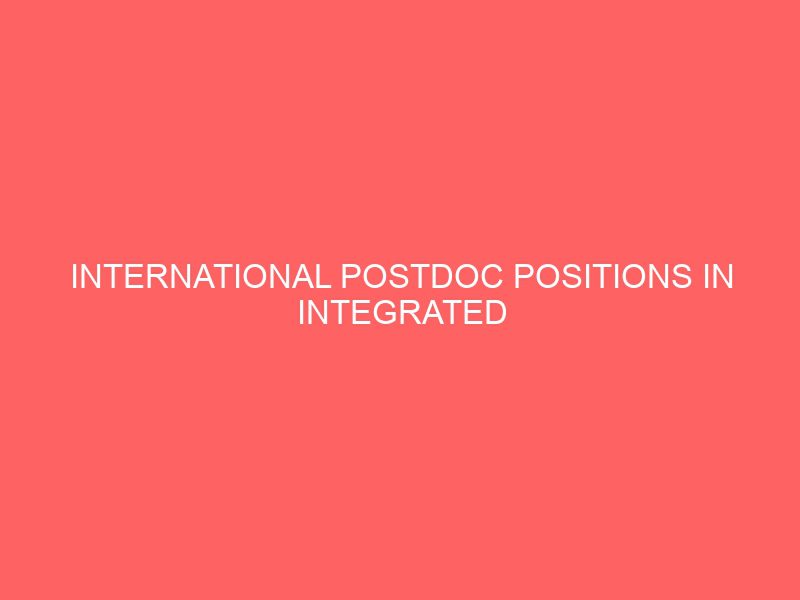![]()
THIS RESEARCH IS ON IMPLICATION OF INFORMATION TECHNOLOGY ON THE PRACTICE OF ACCOUNTING IN NIGERIA.
ABSTRACT
This proposed project work is to give in detail the usefulness of information as one of major requirement of management function which is also an essential ingredient that enhances efficiency and reduction in the work load if when handles ordinarily will cause much delay, has made possible for better control system put in place both within and outside any organization/business enterprise. This information technology has came into existence through the use of an electronic device known as the computer which helps an organisation handles data and distributes information effectively. In this regard, we may conclude that computer has became a worthy companion almost in all facets of human endeavours. The work of this research project shall be splitted and discussed in details through five chapters. The chapter one shall comprise the background of the study which aids the preparation of financial report using computer, the statement of the problems to test if truely it enhances gathering of useful information, way of processing it and how it will be communicated to ensure prompt decision making. It also explains the objective of the study as a means of detecting and correcting falseful information through retrieval from system. The significance of the study to different groups and professions, hypothesis, the scope of the study and definition of terms. Chapter two shall explain the preliminary statements, the historical back-up about its invention and people behind it, various components making up computer, the types and their various classifications, various problems associated and the usefulness of it as an electronic device. The chapter three of this project shall discuss the research methodology as a way of making some findings with possible solutions of solving them, its approaches, design, specific sample size and population, questionnaire and its reason, data analysis with various research instruments. Chapter four will cover the introduction based on the analysis and interpretation of data with various examples to be sit4ed thereby bringing about questions with answers from respondent to be clearly stated and also an observation by whom the project work is carried out.
Lastly, the chapter five will be based on Summary, Conclusion and Recommendation which explains the importance of computer as an information technology in any business organisation with accountancy as a profession.
CHAPTER ONE
1.1 INTRODUCTION
Information along with other energy and material is a basic resources in human society. It is indeed an indispensable ingredient in management which makes lot of difference in management quality.
It is very important in that the management requires the analysis and information before a specific decision can be made which the quality of decisions to be taken depends on the quality of information provided. These information must be accurate, timely, compete, concise and relevant. Information is synonymous with computer popularly refers to an electronic device that has the ability to accept data internally store and automatically execute a program of instruction, perform mathematical, logical and manipulates operations base on data and reports the results. As a result of this, one may be right to submit that we are heading towards a paper less age where not a whiff of our business transactions would be left uncompleted because of the computer being a worthy companion almost in all facet of human endeavours.
Application of computer to provide necessary information in our business is gradually out-facing the manual method. However, the focus of this write-up shall be gradually integration of information technology on the practice of accounting and its implications towards realizing the functions of an accountant. Prior to this, we shall consider an accountant as performing dual function of;
(i) Provision of information for planning, control and decision making.
(ii) Safeguarding of Assets
(i) Provision of Information for planning, control and decision making.
Information as regarded the life wire of any organisation or individual that must be survived. Hence it could be considered as the pivot on which the wheel of any organisation rotates. Without adequate and accurate provision of this information, the managerial functions of planning, controlling, decision making, communicating, organizing and directing may not be achieved.
Information emanates from various functions in an organisation which are sales and marketing, production, personnel, finance etc. It has rendered accounting information a finance tool necessary for effective management in an organisation. There is need for an accountant to provide an organization with necessary accounting information that are accurate and be presented at the right time. It is therefore of great interest that the application of computer for this purpose becomes necessary in the following areas:
(i) Timely and accurate presentation of accounting information for management decision making.
(ii) Reduction in the number of personnel thereby reducing cost of salaries paid to employees.
(iii) Complex computation such as the separation of fixed cost and variable cost through the multiple regression analysis, linear programming using simplest method, etc. may not be easy using manual operation.
(iv) Space management is made easy with the introduction of computer into business operations. This is because a lot of information can be stored in a computer on disks, flash disk, tapes or floppy drive diskettes which can be retrieve when the need arises.
(v) Retrieval here is mostly automatic instead of having to scan through the lots of disarranged documents.
(ii) Safe guarding of assets and current assets simply because the safeguarding of these assets can only be possible if and only there is genuine and
We can simply say assets of company are not restricted to fixed sufficient data to do so. Hence, data should be considered a valuable property to safeguarding for effective running of an organisation, which implore that data resources should be maintained and managed.
1.2 GOALS OF DATA RESOURCES MANAGEMENT
Data needs to be protected because of large investment the organisation has in it. Yet data can be far more valuable than the amount we have spent to obtain it. For instance; the organisation happen to lose its records of who owes it money, it could also lose more than it spend on data processing in a hundred years. The future investment also relies on it because it is through the available data he picks as it relates to the past and present performance. And if wrong data would invariably mislead the management from the above fore-going. Therefore, the information technology on the practice of accounting as regards information processing and control with safeguarding of assets are immeasurable value of any organisation.
(i) BRIEF HISTORY OF ACADEMY PRESS PLC
In 1957, when Nigeria was moving towards independence, a young American Richard Gamble led an international living group of twelve American students into Nigeria. Four years later, Mr. Gamble returned to Nigeria to form EDCON (Enterprises Development Company Nigeria Limited) with a goal to joining Nigeria in the development, financing and management of medium sized business.
<
EDCON then was the holding company through which American capital could be invested. In 1961, Mr. Gamble was introduced to Mr. Alade Idris Animashaun, then the assistant secretary in the Federal Ministry of labour. After two years, Mr. Animashaun left government office where he worked to join EDCON and began a new career in the private sector. After a while, Lan David Pritchard (Late) an English man with publishing experience in West Africa joined EDCON. EDCON’s investigation in 1963 and 1964 indicated that there would be increasing demands in Nigeria for printing materials which many of this printing materials were been imported.
Later, the decision concerning how to set up a printing company was made and this led to birth of Academy press limited that was incorporated on 28th July 1964 with the commencement of the business planned for the second half of 1965. At the initial stage, only Nigerians and held 15% of the equity holding finance while the remaining was retained by EDCON. With promulgation of Nigerian Enterprises promotion decree, Nigerians purchases of some of the foreign owned stores which most of whom had invested in the company at the time of the initial private of per, and the company became owned with majority by Citizens of Nigeria.
The development in Academy press has been gradual that today, the staff force is above 450. Academy press has excelled itself as a home of printing excellence in educational and trade books with wide variety of full colour printed materials, labels, magazines, company annual report, brochures, security printing etc.
As part of its development process, the computer section of its operations started late 80’s. Today, most part of its department has been computerized and in fact Academy press today is the biggest printing house in West Africa.
<
And ever since then, it has been facing various challenges as administration changes which it also adjusts to suit the current organizational structure. All this could be achieved generally towards effective flow of information which is indispensable to the efficient management of the company.
1.3STATEMENT OF PROBLEMS OF THE STUDY
In both the human and information society, human capital has now been replaced “Naira” and capital as the strategy resource. People and profit are linked in modern times to complete information technology.
The Nigerian and global economy has become very complex and dynamic that the speed with which information is gathered, processed and communicated for prompt decision making will continue to determine the success in the market place. In the light of the above, statement of problems of the study are:
(i) There is a problem of inadequate management information system existing in the academy press.
(ii) Shortage of staff in the computer department
(iii) Inadequate financial resources to acquire and take possession of more computer system.
1.4OBJECTIVES OF THE STUDY
(i) It saves time
(ii) It reduces uncertainty
(iii) It ensure easy flow of information
(iv) It discourages guessing, rumours` or gossips thereby promoting trust, confidence and supportiveness.
(v) It may be a correction of a past false information
(vi) It enhances the personal confidence of an accountant and encourages him to exhibit good leadership.
1.5HISTORICAL BACKGROUND OF THE STUDY
(i) For financial costing and control system
(ii) It helps in the preparation of cash flow and affect of change credit restriction and fall in receipts from debtors can be calculated almost instantly.
(iii) It enables to prepare financial report.
(iv) For retrieval of management information particularly information on financial matters, marketing, sales and production.
1.6RESEARCH QUESTIONS
(i) Does the problem of inadequate management information exist in Academy press?
(ii) What are the probable causes of the problem if they exist?
(iii) What measures can be taken to correct the problem should the company implement the recommendation.
1.7GENERAL HYPOTHESIS
The following hypothesis is derived from the undertaken of the previous investigations, which were discussed in the review relevant literature which serves to clarify the study of hypothesis are as follows:
(i) That good management procedure will minimize loss
(ii) That the electronic data processing system is suitable than the conventional system.
(iii) That the introduction of computerization will bring improvement to general accounting system of the company.
(iv) That the introduction of new information technology will enhance the smooth flow of work.
(v) That good management reports will improve the objectives and requirement in the company
(vi) And also that the good management reports provides a clear link between and corporate strategies.
1.8SCOPE OF THE STUDY
It is not within the scope of this project to go into the core computer science as a discipline but to look into its application and usefulness to accounting as a profession as well as to business enterprise as a whole.
1.9LIMITATIONS
The problem accompanied to this is that the use of computer is restricted even among staff thereby making the system in accessible to our use. And apart from the inadequate knowledge of staffs on the operation and use of computer, made it difficult for most of our interview to be adequately addressed to our satisfaction. However, with the cooperation from the staff, I have been able to obtained the necessary information that is not only relevant but also important to the study.
1.10DEFINITION OF TERMS
Some of the common terms that are expected to be used in this project work are as follows;
(i) PROGRAMS:- This consist of a set of instruction that specifies to the computer the precise sequence of operation that must be carried out.
(ii) DATA:- This is the raw figure obtains from data to day activities.
(iii) INFORMATION:– This is obtained from the distillation of data through its being processed.
(iv) DATA PROCESSING:- This is the process of collecting all items of source data together and converting them to useful information. Data processing operation involves recording, sorting, calculating, storing, retrieving and communicating.
(v) HARDWARE:– This represents computer machines and peripheral units.
(vi) SOFTWARE:– It means broad term covering the methods of using and controlling computers that includes system programs and other facilities.
(vii) DIGITAL COMPUTER:– This can be defined as an electronics device that operates on data represented as numbers (digit).
(viii) COLLECTION OF DATA:– This represents gathering of data to be used in processing as one of the steps of a data processing application.
(ix)

